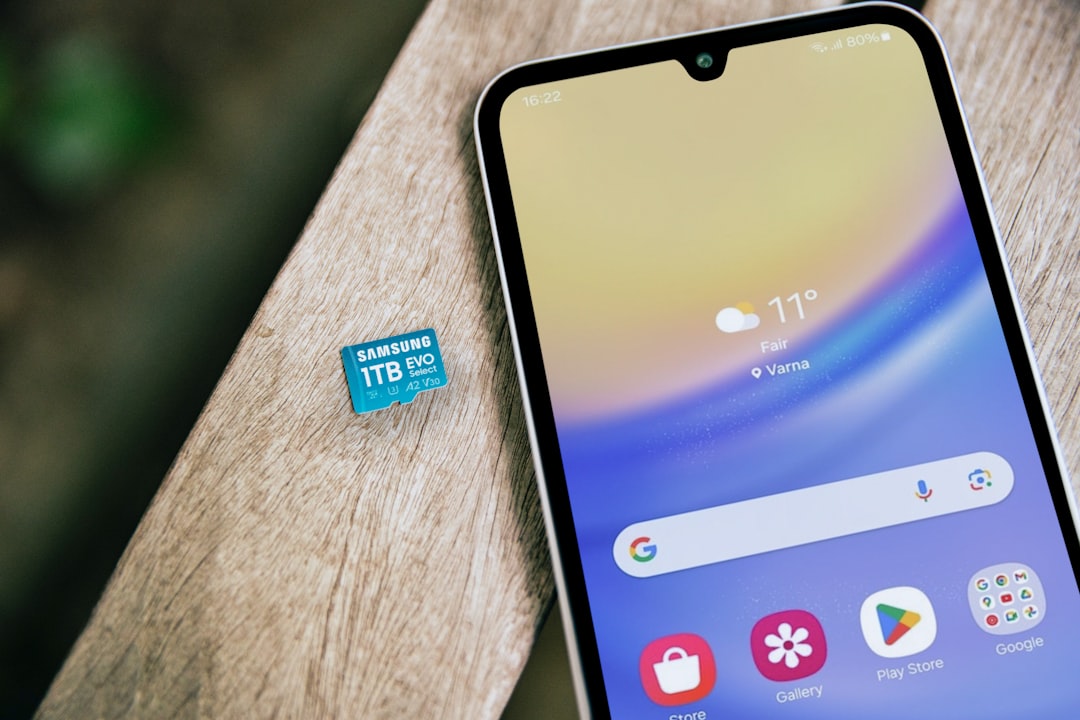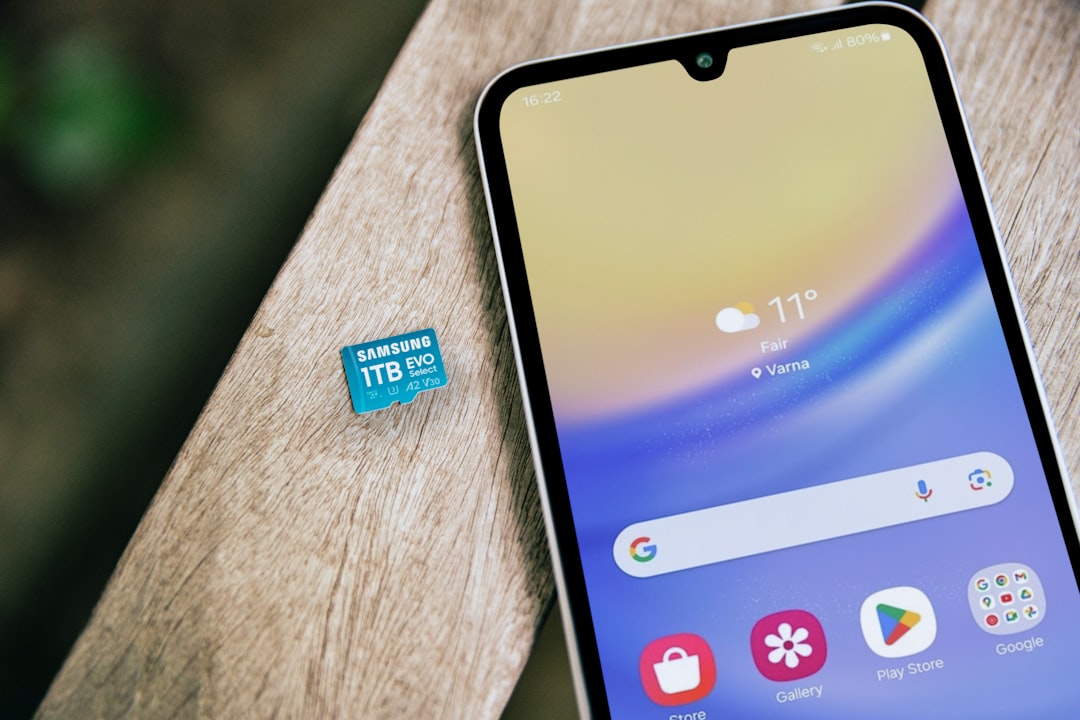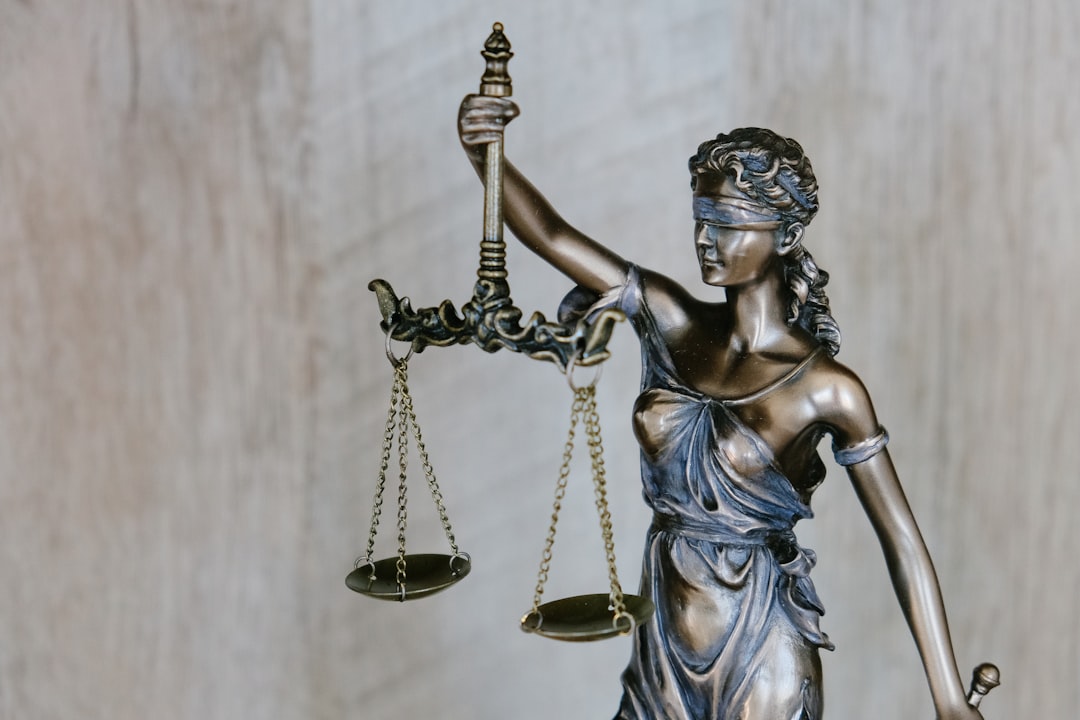Vermont's "No Call" laws protect residents from unwanted telemarketing, with strict rules on contact times and consent. Montpelier businesses must comply to avoid fines and damage their reputation. A No Call Lawyer Vermont can guide companies on do-not-call lists, employee training, and legal strategies, ensuring consumer privacy and positive relationships.
In Vermont, respecting consumer privacy is paramount, with strict ‘No Call’ laws in place to safeguard residents from unwanted telemarketing. For Montpelier businesses, staying compliant is crucial to avoid legal repercussions and maintain a positive reputation. This article guides local entrepreneurs through the intricacies of Vermont’s no-call regulations, offering strategic insights on defining compliance, understanding legal boundaries, and adopting effective communication practices to foster customer trust without breaking the law. Seek advice from a No Call Lawyer Vermont for tailored strategies.
Understanding Vermont's No Call Laws

Vermont’s “No Call” laws are designed to protect residents from unwanted telemarketing calls and sales pitches. These regulations, enforced by the Vermont Attorney General’s Office, restrict when businesses can contact consumers by phone for marketing purposes. Understanding these laws is crucial for Montpelier businesses aiming to stay compliant and avoid potential fines.
The “No Call” list in Vermont includes both registered and unregistered telephone numbers. Businesses must obtain explicit consent from individuals before placing telemarketing calls. This means that if a consumer has not given permission, any call could be considered illegal. A No Call Lawyer Vermont can provide businesses with guidance on navigating these regulations, ensuring they remain compliant while respecting consumer privacy.
Defining Business Compliance Strategies

Staying compliant with Vermont’s no-call laws is paramount for Montpelier businesses aiming to avoid legal repercussions and maintain customer trust. Defining effective compliance strategies involves understanding both state regulations and consumer expectations. Businesses should implement robust do-not-call policies, ensuring all employees are trained to respect consumer choices regarding telemarketing calls.
Engaging a no-call lawyer in Vermont can provide invaluable guidance on navigating these laws. Such legal experts can help businesses establish procedures to verify consumer opt-out preferences, maintain accurate records, and ensure compliance across different marketing channels. By proactively defining and implementing these strategies, Montpelier businesses can foster positive relationships with their customers while adhering to the letter of the law.
Legal Boundaries for Outbound Calls

In Vermont, businesses engaging in outbound telemarketing activities must adhere to strict “No Call” laws designed to protect residents from unwanted phone solicitations. These legal boundaries significantly restrict when and how companies can make outgoing calls. Violating these rules can result in severe penalties, including fines and damage to a business’s reputation. A no call lawyer Vermont firms often employ helps them stay compliant by ensuring they only dial numbers that are opt-in or have given explicit consent for marketing purposes. This includes adhering to do-not-call lists and respecting individual preferences regarding communication methods.
Understanding these laws is crucial for Montpelier businesses aiming to avoid legal issues. Outbound calls should be made during permitted hours, typically between 8 a.m. and 9 p.m., and only with prior permission from the recipient. Businesses must also provide an easy way for individuals to opt-out of future calls, ensuring compliance and fostering customer trust. By partnering with legal experts specializing in Vermont’s no call laws, businesses can navigate these regulations effectively, maintain ethical practices, and avoid costly mistakes.
Do's and Don'ts for Local Businesses

Do’s for Montpelier Businesses:
Montpelier businesses should prioritize respecting consumer privacy and adhering to Vermont’s no-call laws to avoid legal complications with a no call lawyer Vermont. This means obtaining explicit consent before making any sales or marketing calls. Implement robust internal policies to ensure staff are trained on the regulations, especially regarding do-not-call lists and opt-out mechanisms. Regularly review and update these practices to keep up with changes in legislation. Additionally, maintain detailed records of call activities to demonstrate compliance if needed.
Don’ts for Montpelier Businesses:
Avoid making automated or prerecorded calls unless you have prior consent from the caller. Refrain from calling numbers on the do-not-call list or those who have expressed a clear desire to opt out of marketing communications. Never use deceptive tactics or pressure sales techniques, as these can lead to complaints and legal repercussions. It’s crucial not to ignore or dismiss valid requests to stop calling from customers or potential clients. Lastly, don’t assume that a business is exempt from no-call laws; all organizations must comply with consumer protection regulations in Vermont.
Effective Communication: Avoiding Legal Pitfalls

Staying compliant with Vermont’s no call laws is essential for Montpelier businesses to avoid legal pitfalls and maintain customer relationships. Effective communication strategies are key to success. Businesses should implement clear opt-out mechanisms in their marketing campaigns, ensuring customers can easily unsubscribe from phone calls or text messages. Regularly reviewing and updating contact lists to include only active and consenting numbers is crucial.
Montpelier businesses must also be mindful of the type of communications they initiate. Only authorized personnel should make sales calls, and scripts should be well-crafted to respect consumer time and preferences. Employing a no call lawyer Vermont residents trust can provide guidance on crafting compliant communication strategies and navigating any legal complexities that may arise from unintended violations.






